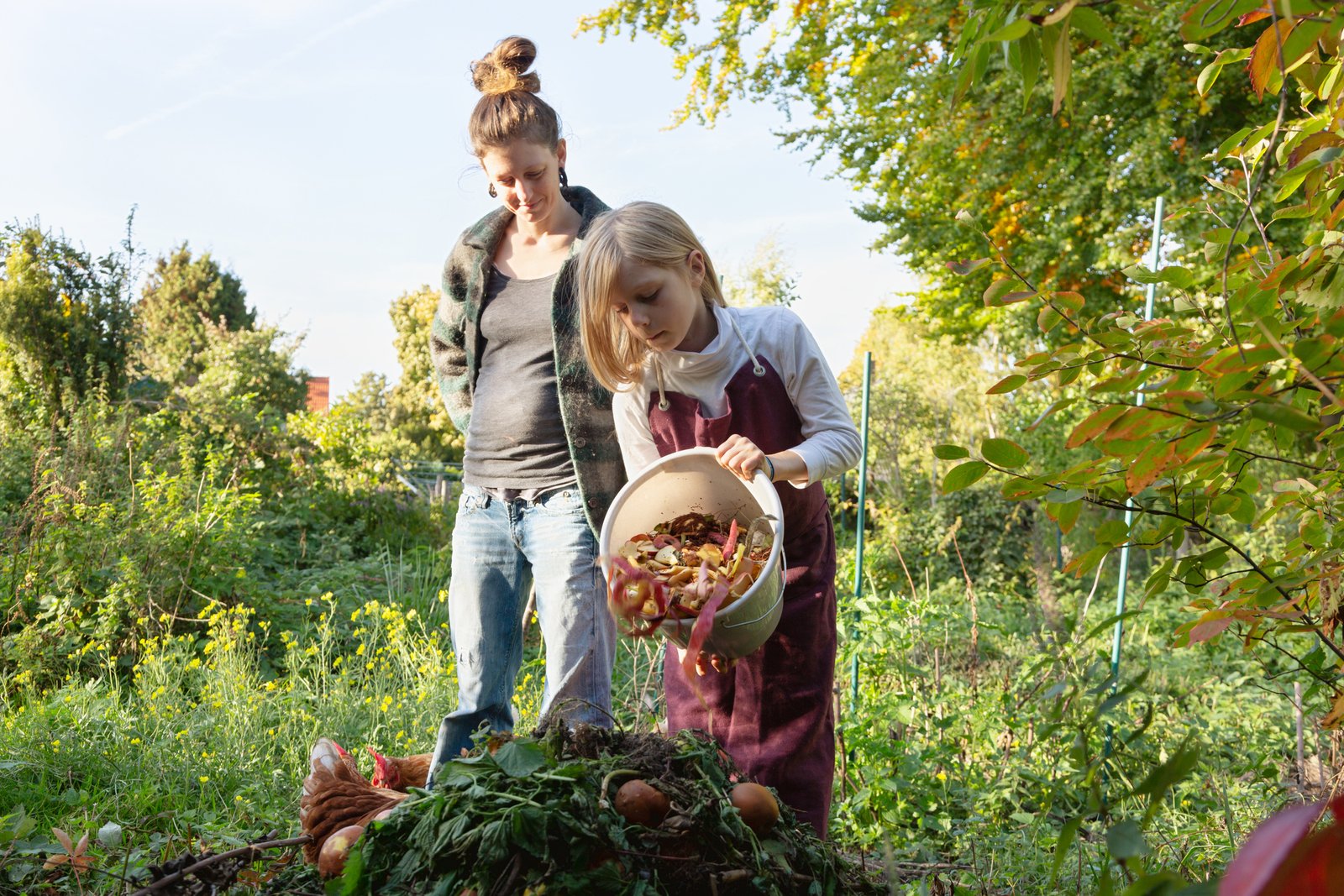
FAQs
Addressing the most frequently asked questions about composting
what composting programs Are Available To Me now?
The Village of Downers Grove is currently working with Republic Services to bring composting to all its residents. You can rent a yard waste cart that would be picked up weekly alongside your garbage and recycling bins. This program does not run from January to March.We are dedicated to providing the knowledge, tools, and support needed to make composting accessible to everyone. By promoting the benefits of composting, we aim to foster a community of conscious individuals who actively contribute to a healthier planet for future generations.
will my compost attract Animals?
Composting can attract animals, particularly if the compost pile contains food scraps or other organic materials that are appealing to wildlife. Creatures may be attracted to compost bins or piles in search of food.
To mitigate this issue, it’s important to properly manage your compost. By regularly turning it to promote decomposition, avoiding the addition of meat or dairy products, and using a secure compost bin with a lid to deter animals from accessing the materials there is little chance of animals being attracted to your compost.
Will my compost smell?
Compost piles can have a smell, but it doesn’t have to be bad. If you manage it well, your compost should have a natural, earthy scent. To keep it from smelling bad, make sure to mix it up regularly, keep it moist but not too wet, and avoid putting in things like meat or dairy that can make it stinky. With a little attention, your compost should smell just fine!
what can i not compost?
There are some things you avoid to maintain a healthy composting environment. Avoid composting meat, fish, dairy products, and oily foods, as they can attract pests and create unpleasant odors. Additionally, don’t compost pet waste, which may contain harmful pathogens. Glossy or coated paper, like magazines or receipts, should also be avoided as they may contain toxins. Similarly, avoid composting plants treated with pesticides or herbicides, as these chemicals can persist in the compost and harm beneficial organisms. By excluding these items, you can maintain a safe and effective composting process. For more information visit our Getting Started page with more comprehensive composting guides.
Still have questions?
Still have composting questions or need personalized advice? For more comprehensive and in-depth guides on composting visit the Getting Started page, or you can submit a question under Contact Us